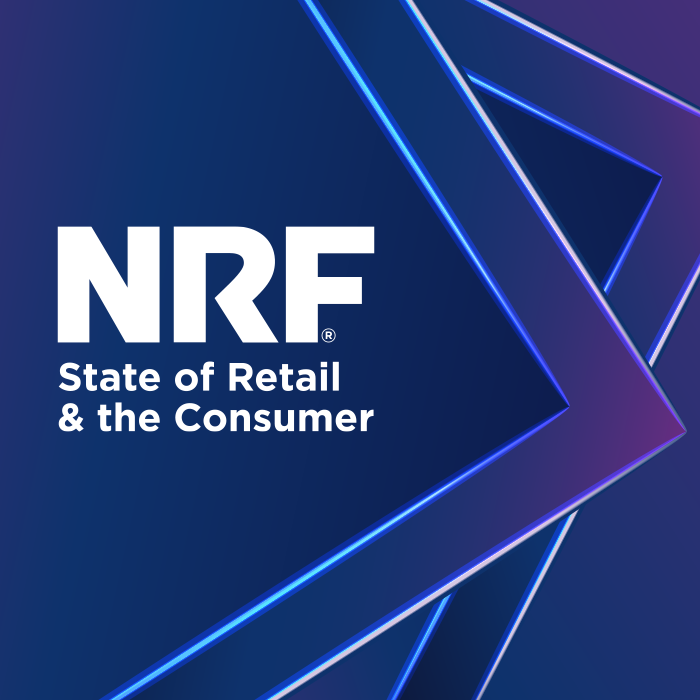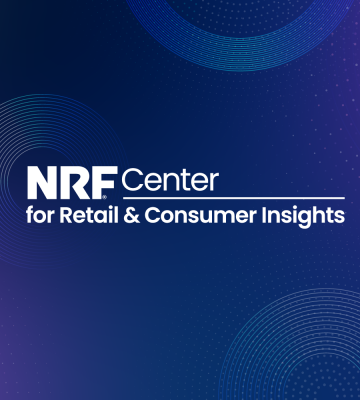The soul of SeoulSpice is the CEO's refusal to stop being a musician
)
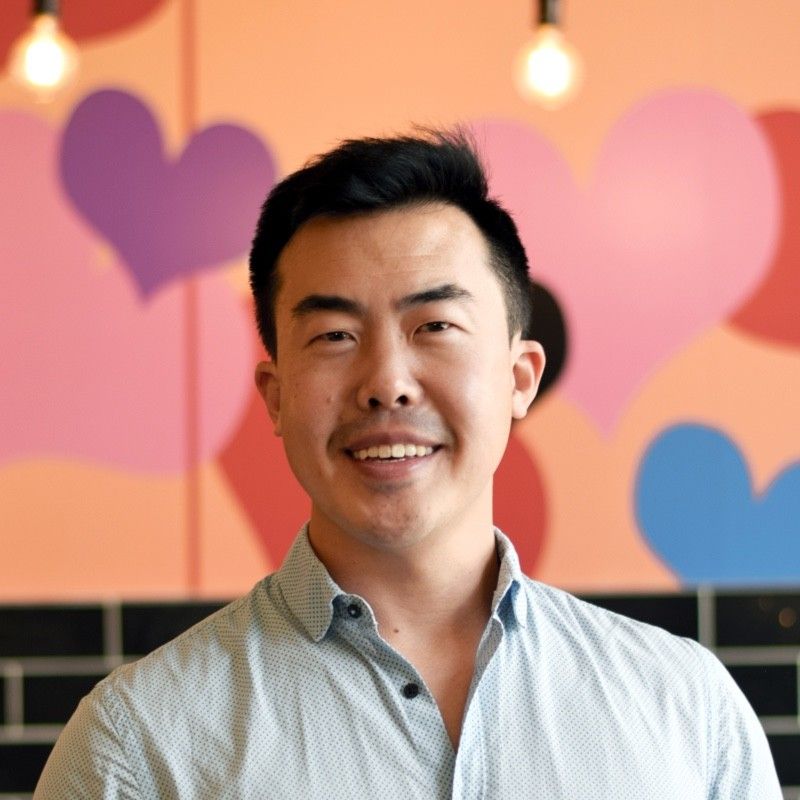
Eric Shin, founder and CEO of SeoulSpice
Maybe it’s all because of the wild popularity of Netflix K-dramas like "Squid Game." Or perhaps it’s due to the super-secret powers of the streaming service’s "KPop Demon Hunters." Or maybe it’s even due to the intense interest in K-Beauty products, which promise glowing complexions.
It doesn’t really matter why Korean culture is hotter than a Cheongyang chili pepper. What matters is that no retail business can afford to ignore it — particularly the restaurant industry.
Which brings us to SeoulSpice. If you haven’t heard of it, you will. The Washington, D.C.-based fast-casual chain with eight locations in the D.C. market and two Chicago stores is starting to raise eyebrows nationally. Invus Group, the same private equity firm that funded Cava’s expansion, is now an investor in SeoulSpice.
NRF contributor Bruce Horovitz sat down with Eric Shin, founder and CEO of SeoulSpice, to find out whether he’s having more fun as the National Symphony Orchestra’s lead percussionist or in his stated goal to make SeoulSpice the United States’ first national Korean fast-casual chain.
You have the wackiest resume of any retail executive I’ve ever interviewed. You play percussion for the National Symphony Orchestra, yet you are the founder of a Korean fast-casual chain. Can you explain this dichotomy?
My parents immigrated from Korea, and I grew up in Atlanta wanting to know everything about Korean culture. I wanted to be more Korean, and my parents wanted me to be more American.
But what about the orchestra gig?
I had a love for music. I attended the Cleveland Institute of Music, then Juilliard, and then played for the Honolulu Symphony. My dream job was always to play for the National Symphony Orchestra.
So when people ask you what you do for a living, how do you answer: restaurateur or percussionist?
It depends. Now, my identity is more tied to the restaurant. But I struggle with it just as I did as a kid.
Which career is riskier?
When I first told my friends (about 10 years ago) that I was going to start a Korean fast-casual chain, they looked at me like I was insane. But there are riskier things to do in the world. I can’t think of anything riskier than getting a music degree and trying to win a job in a symphony orchestra. Statistically, you have a better chance of playing in the National Football League. It’s harrowing.
What’s the cosmic connection between the two careers?
Everyone loves music and food. We live in a world that’s very polarizing. But there is such power in both. Music and food both bring people together. It’s the gateway to culture that connects people.
When you were a kid growing up in Atlanta, you’d get teased about the lunches you brought to school.
My parents would pack me Korean lunches like eel. The kids would all wonder: What’s Eric bringing for lunch today? They would freak out.
Meanwhile, your parents, who ran an upscale, award-winning Korean restaurant in Atlanta, wanted their son to go a very different direction.
My father wanted me to be like a typical American. But it was hard to fit in. There weren’t a lot of Korean people growing up in Atlanta.
You’ve described your chain as one that gives you the ability to share your mom’s cooking with the masses — please explain?
That’s exactly what we’re doing. Korean food to me is like the one constant in my life.
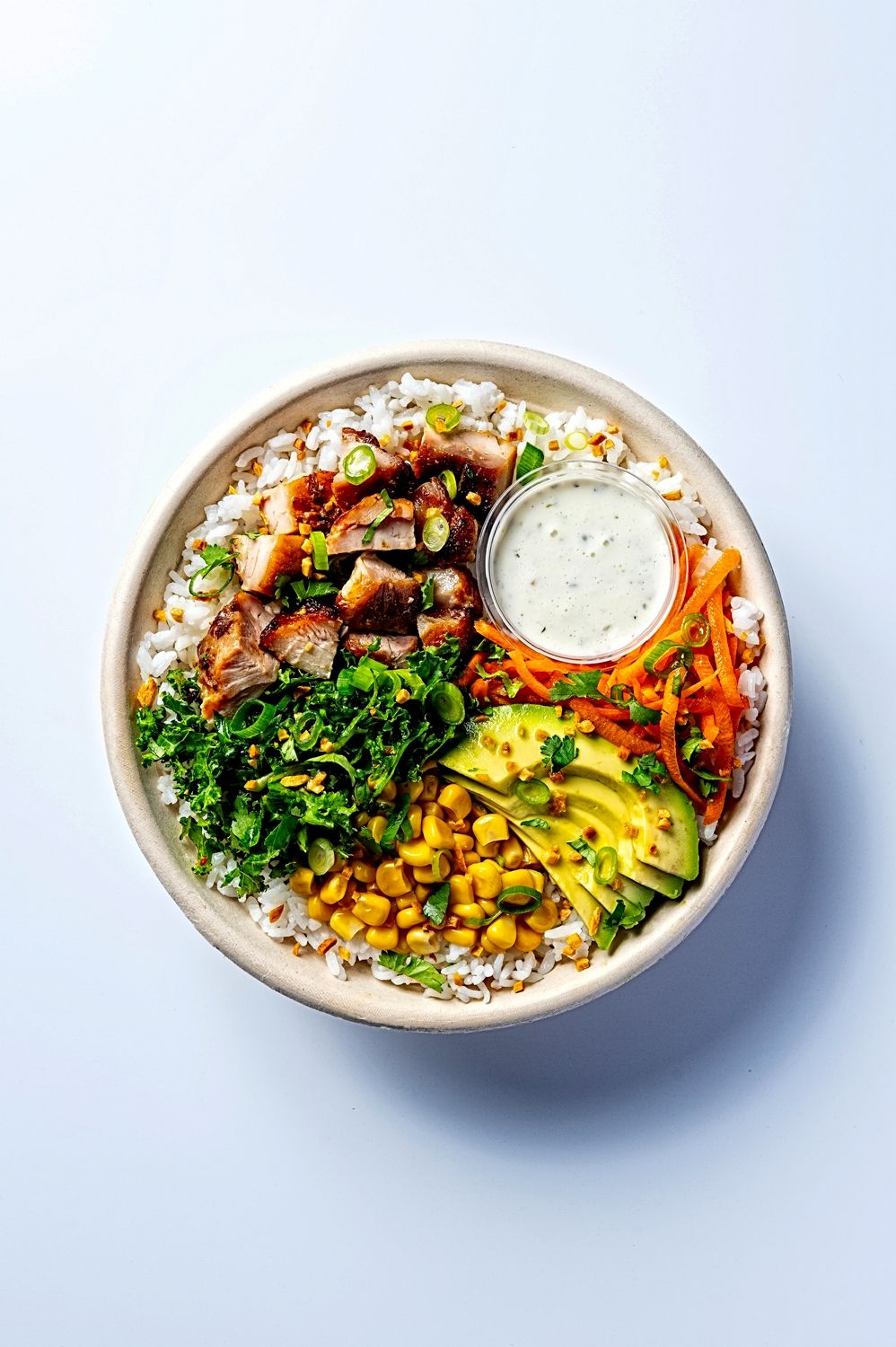
How did you pick the name?
Carefully. We wanted it to be simple. We picked Seoul because our family is from there. Spice doesn’t describe the heat of the food but something more special that transcends food. It’s the spice of life.
Why is all of your food made from scratch?
It tastes better. My parents always cooked from scratch. That’s how we learned to love each other — gathering around the table to cut vegetables, cook and share stories. I wanted to honor my grandfather’s recipes when I started SeoulSpice. When you make food from scratch, you can control what you put in it and what you don’t. You can focus on healthful, simple ingredients.
Yet you’ve added some uniquely American twists — like ranch dressing (with cilantro)!
Don’t laugh. It’s delicious.
Why did you choose to go the fast-casual route?
Korean food is perfect for fast-casual. Think of rice bowls. That’s what people eat in Korea.
What’s your favorite American food?
I have an obsession with pizza. I also love a great burger.
How did you survive the pandemic, when your chain was just starting to expand in the D.C. market?
All my skills as a software engineer were helpful. Within 24 hours, I put together a website to order food from SeoulSpice. We came out of the pandemic with our entire staff intact. We did not lay off a single person.
How do you retain employees?
How do you retain friendships? It’s important to build a mutual culture of respect. We lean into our vision to be an organization to better the lives of our employees and the community.
How did you land (Cava backer) Invus Group as an investor?
We got an email from them. We hit it off. We both have a passion for building a great brand. We both want SeoulSpice to be the category-defining Asian fast-casual restaurant in America.
What are your ultimate growth plans?
We envision SeoulSpice becoming a household name in every American market.
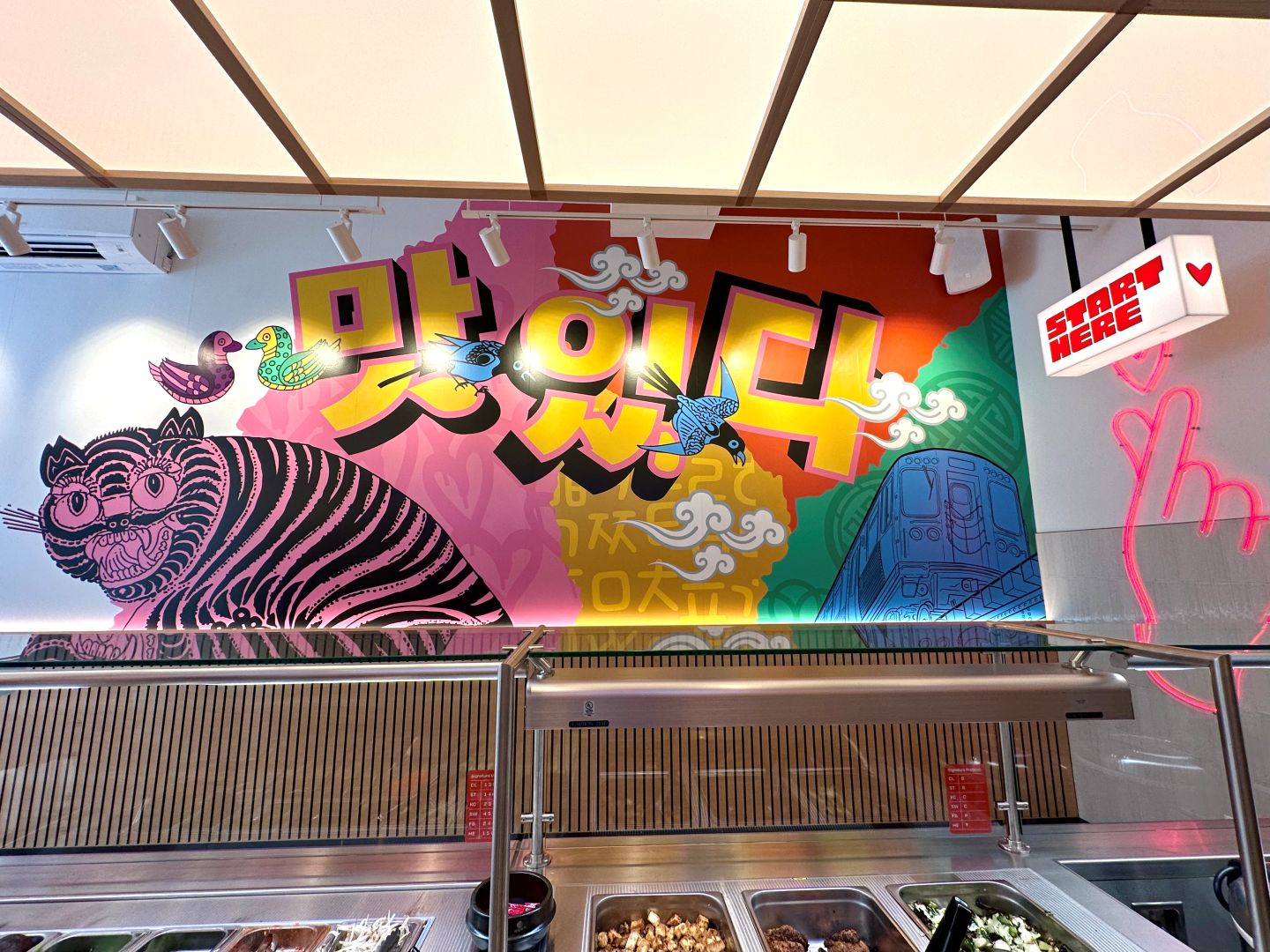
You have two locations in Chicago. Any more on tap there?
Two.
When will you be a $100 million brand?
I think we’re on track to get there. We could have 1,000 units coast to coast at some point.
What trend is most important in the industry right now?
Relevance is important. I’m here to own my story. I see being Korean as an asset, not a liability. It felt like an obstacle growing up, but now I realize it’s a differentiation. If the product you are selling reflects your lived experience, people connect with it. It’s important to own the story and tell it with pride.
What if you had to choose just one career: musician or restaurant CEO?
I think you can have both because they complement each other. It’s always about finding the secret spice to get everyone in the same rhythm and on the same page. A lot of ideas for SeoulSpice were born in that concert hall.


